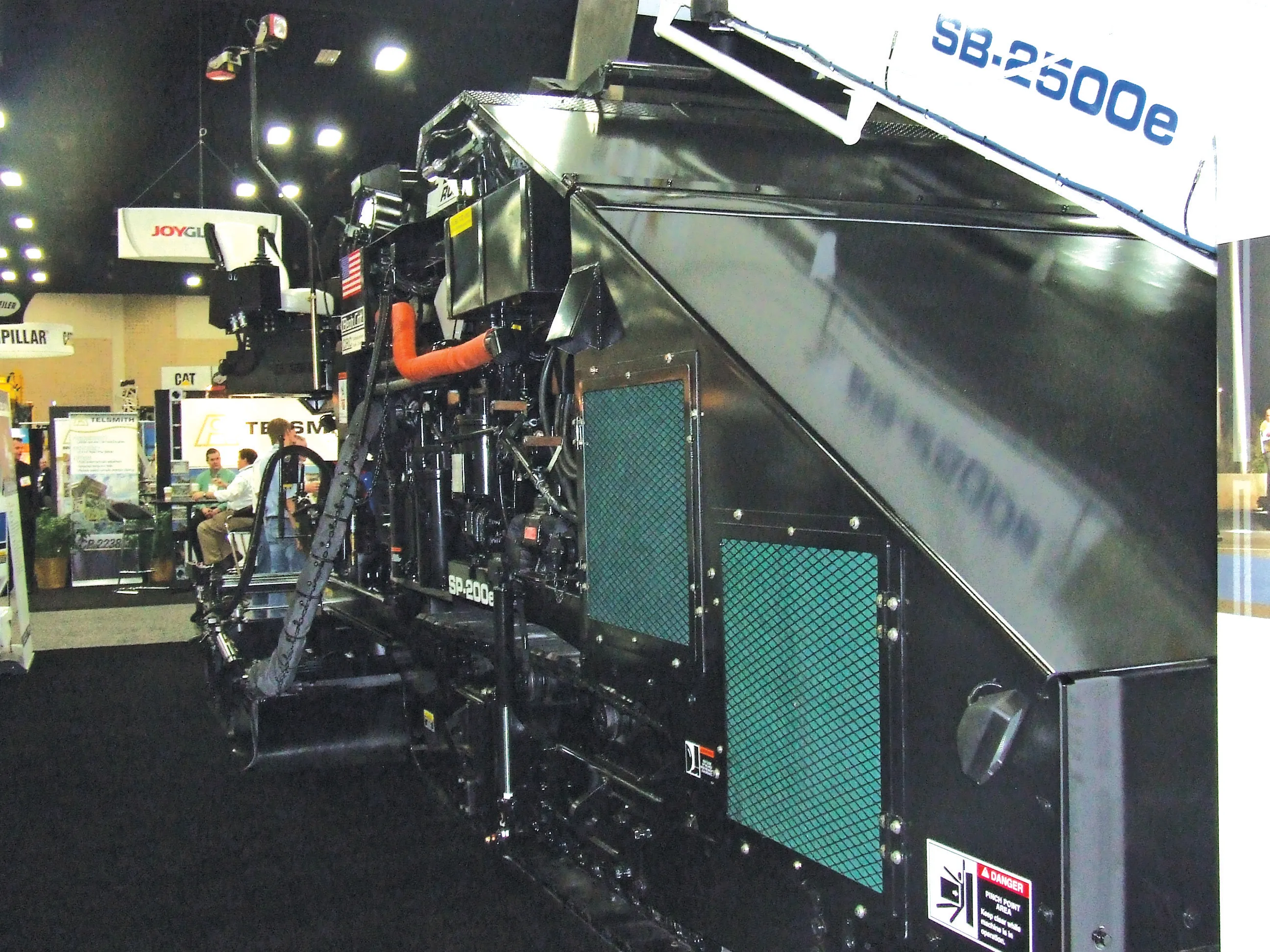
Importantly, says the company, the gates offer increased visibility using a high surface of reflective material and LED lighting. Made of corrosion-resistant materials, the HSG-40CW is designed to withstand harsh environments – such as Canadian winters and summers.
The gate’s arm – from around 2m up to 12m in length - is built with easily replaceable high-density polyethylene arrow-shaped posts and aluminum tubing. The arm's arrow-shaped barricade design offers maximum visibility and reflectivity using an increased flat surface of high intensity retroreflective sheeting - more than double the surface of typical highway gates, according to the company. In the event of an impact, the arrow-shaped posts and chevron bend at the top, allowing the impacting vehicle to go through, minimising damage to the gate and the vehicle. After impact, the arrow-shaped posts and chevron recover their original position.







